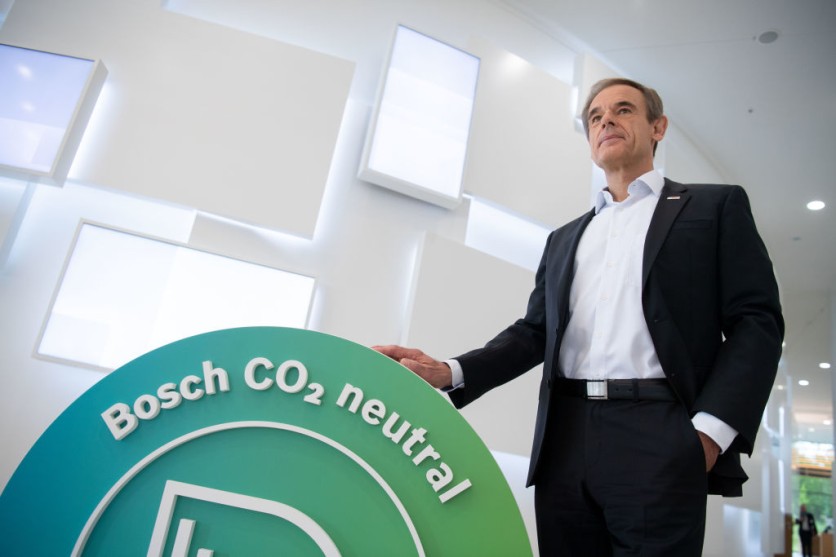Bosch is now working with IBM on a "strategic quantum computing" partnership, according to Electrek. The partnership involves Bosch joining the IBM Quantum Network while both teams explore alternatives for vital minerals to power electric vehicles.

Filling In the Supply Gap
A lot of automakers are now signing supply agreements to secure their supplies that will allow them to meet their targets. On the other hand, there are companies that are also working on developing methods to recycle and process battery minerals to guarantee future supply.
With Bosch and IBM's partnership, they are taking it a step further by using quantum supercomputers. The method will enable both companies to simulate different models investigating which materials may have alternatives or have substitutes.
Bosch will bring its expertise in materials simulation and mass production, and will combine it with IBM's quantum computing tech and their knowledge of quantum algorithms. In fact, both companies have started to lay the foundations for advanced algorithms and workflows that will pave the way for computer-generated material designs.
Also Read: Lucid Face EV Production Problems Due to Supply Chain-Will It Deliver Future Vehicles?
The Limited Supply of Earth Minerals
One of the reasons that hold back the full roll out of electric vehicles today is the lack of supply of earth minerals, like cobalt, lithium, and nickel. In the next few years, EV adoption is set to accelerate as countries all over the world move toward zero-emissions. Moreover, the Inflation Reduction Act in the US outlines strict EV battery assembly and mineral sourcing requirements to qualify for the tax credit.
These changes will put further pressure on the supply of earth minerals like cobalt, lithium, and nickel.
China will continue to be the primary player in the mineral resources that power EVs, with the country holding 80% of the world's cobalt reserves and 51% of the world's lithium reserves. However, governments, especially in the West, are not very keen about Chinese control over resources, which is why the race is on to secure deposits in other parts of the world.
As companies continue to invest in electric vehicles, mining operations will become more and more difficult, with companies expected to face significant challenges in finding the metal they need. With quantum technology, Bosch and IBM may be able to simulate new minerals and materials that can be used to produce more energy-dense batteries.
It's clear that Bosch and IBM's partnership will help solve the supply problem. IBM's quantum computers may be able to run thousands of simulations and eventually find possible alternatives to earth minerals. In the meantime, Bosch will work with IBM to increase the efficiency of their battery production to meet the demand for electric vehicles. The partnership will also ensure a smooth and secure supply of minerals for the global EV industry.
Related Article: EV Prices Could Also Shoot Up Amid Increasing Fuel Costs! Battery Production Affected?
This article is owned by Tech Times
Written by April Fowell
![Apple Watch Series 10 [GPS 42mm]](https://d.techtimes.com/en/full/453899/apple-watch-series-10-gps-42mm.jpg?w=184&h=103&f=9fb3c2ea2db928c663d1d2eadbcb3e52)



